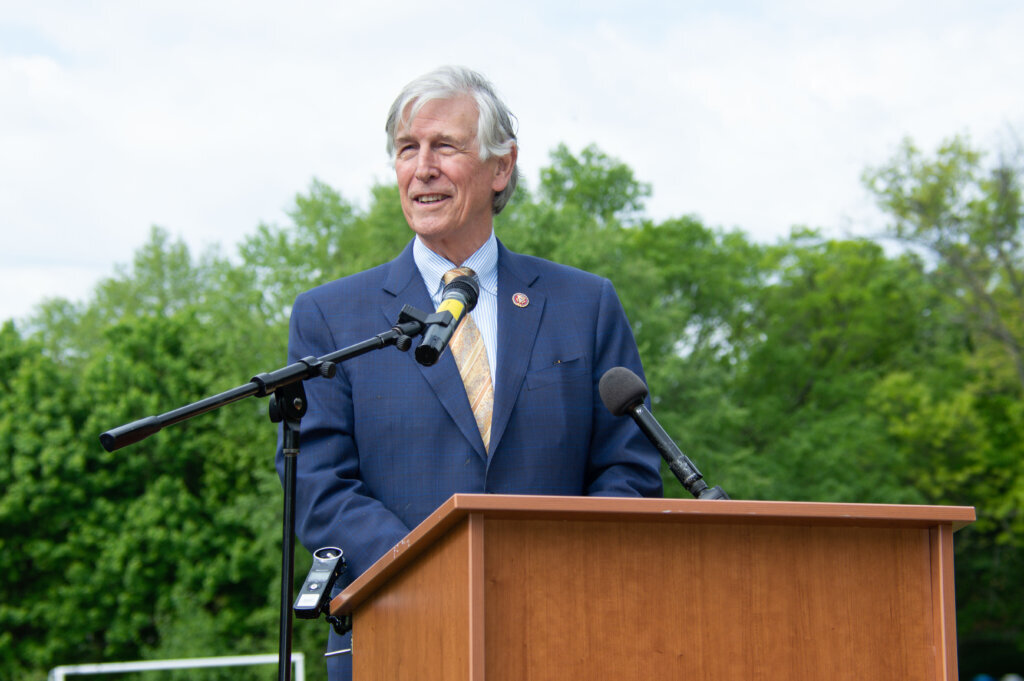
Those who have been vocal about their concerns regarding noisy helicopters flying over residential areas in Northern Virginia are getting some renewed attention from the Federal Aviation Administration.
According to the FAA, helicopter pilots are being ordered to make changes as a direct result of “helicopter complaints” filed by residents over the past year.
“Today marks an important day mitigating helicopter noise in our area,” said Virginia Rep. Don Beyer.
Beyer said that, over the years, he has heard from “many, many, many constituents about the nuisance of helicopter noise.”
The FAA said Tuesday that from now on, helicopter pilots would be required to raise altitudes and alter flight paths to reduce the impact of noise in Northern Virginia and around the D.C. region.
“Here in the nation’s capital with military, medical, commercial and other aviation, aircraft noise will always be with us, but there are things we can do to help reduce the impact,” Beyer said.
According to the FAA, the changes came from a relatively new system that allows residents to complain about specific helicopter noise by filling out a form online or calling a phone number and leaving a voicemail.
The FAA said it used information from the complaints and available flight tracking data to identify likely sources of the noise.
“The FAA reviewed and improved how we collect, analyze and share helicopter noise information with operators across the Washington, D.C. region,” said Pete Hearding, deputy assistant administrator for policy, international affairs and environment at the FAA.
Hearding said the changes would directly lead to “less helicopter noise for area residents.”
Beyer represents Virginia’s 8th Congressional District, which includes parts of Fairfax County, Arlington County, Alexandria and Falls Church.
“I’m pleased to report that the FAA has listened to residents, analyzed the data and come up with some really welcome announcements,” Beyer said.
Alexandria Mayor Justin Wilson said the complaint system for residents “was far more than a nicety to assuage frustrated residents.”
“Our residents weren’t just listened to, they were heard,” Wilson said.








